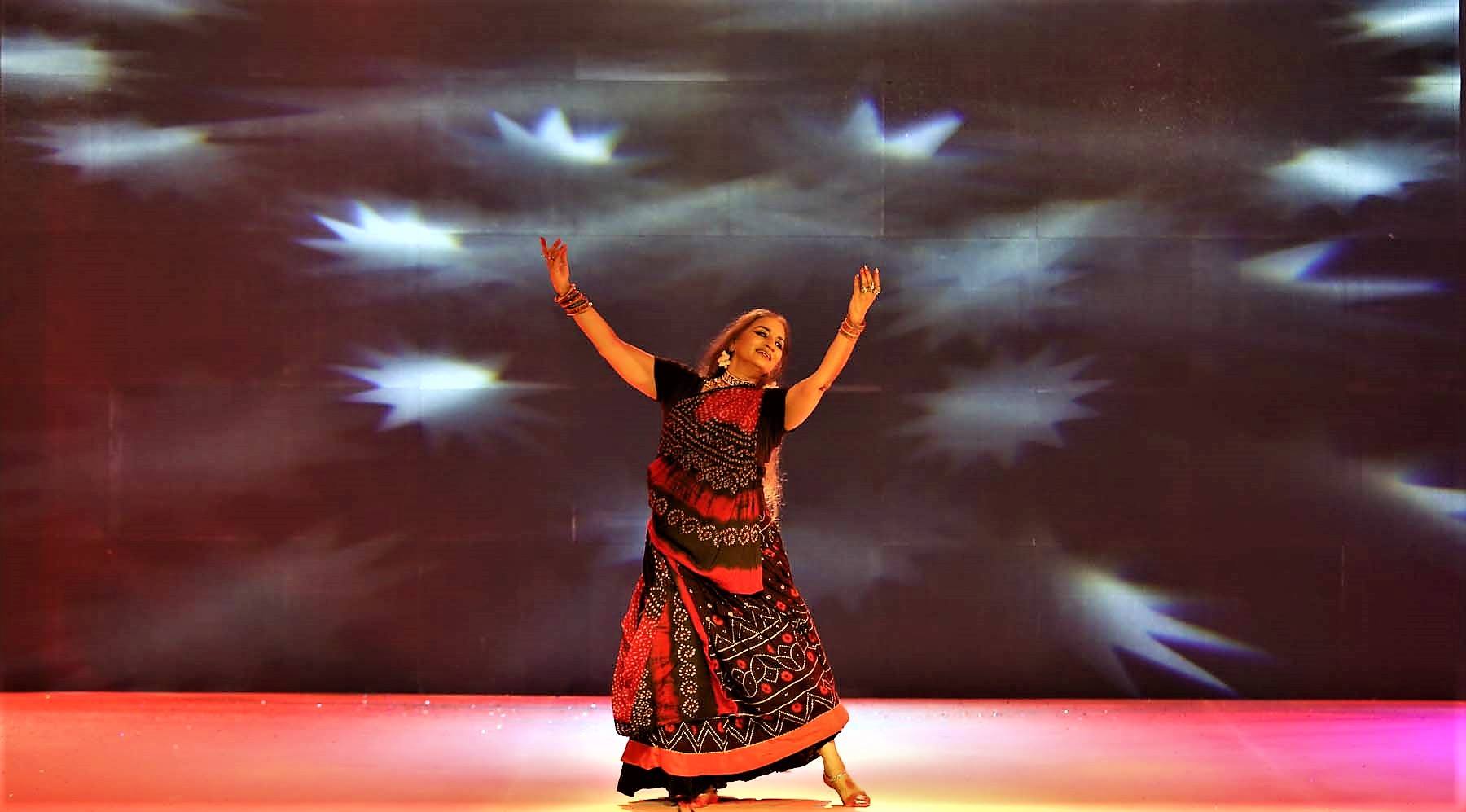Dr. Esha Niyogi De has published a new, single-authored monograph, Women's Transborder Cinema: Authorship, Stardom, and Filmic Labor in South Asia, available on University of Illinois Press' website.
You are here
PLS 2019 | Sheema Kermani
"Identity, Performance, and Gender in Pakistan"

As part of the AIPS Pakistan Lecture Series, Sheema Kermani led a series of presentations at Michigan State University, the University of Chicago, and Monmouth College. These presentations occured in October of 2019.
Sheema Kermani (born 1951) is a Pakistani social activist, the founder of Tehrik-e-Niswan Organization and an exponent of Bharatanatyam dance. Kermani was born into a middle-class educated family in Rawalpindi, Pakistan. She went to London to earn a degree in arts and returned to Pakistan. She realized that women in the Pakistani society were not able to get equality in the society so she started a movement called ‘Tehrik-e-Niswan’ (Women’s Movement) and raised her voice for their rights, health issues, education and equality.
As a Pakistani female, theatre practitioner, cultural activist and a practicing classical dancer, Kermani has often had to explain her choice of the form of dance that she practices. She has been accused of choosing to practice what are considered outright Hindu dance forms (Bharatanatyam and Odissi). She argues that it is impossible to compartmentalize an art form in terms of aesthetics, religious practice, physical technique, etc. This is an attempt to understand the political outcomes and constructions of national/cultural/religious belonging that are achieved through—and help produce – the construction of a new Pakistani cultural identity.
Through her own personal experience of creating, choreographing, and performing as a dancer and theatre practitioner on the Pakistani stage, and in the process of exploring and discovering a new Pakistani cultural identity, Kermani's performances laid out an alternate, creative narrative of seventy years of Pakistan.
Kermani's participation in the AIPS PLS was organized by Dr. Sean Pue of Michigan State University.
